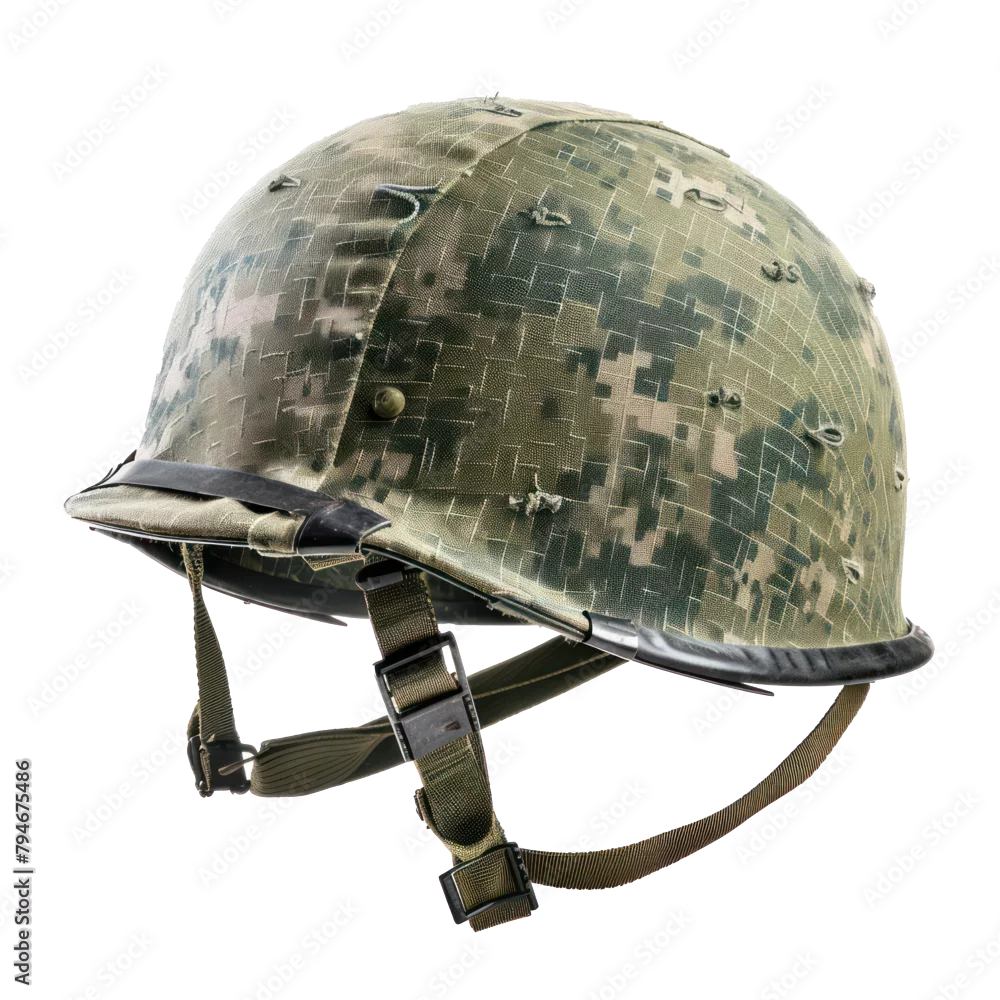The Hidden Cost of War
In the annals of history, the Cold War stands as a stark reminder of the tensions and rivalries that defined global politics for much of the 20th century. At the heart of this geopolitical standoff between the United States and the Soviet Union lay a complex web of proxy conflicts, where smaller nations served as battlegrounds for the superpowers to advance their strategic interests without direct confrontation. One such conflict that epitomizes the human cost of these proxy wars is the Vietnam War, where the lush jungles of Southeast Asia became synonymous with the brutal realities of combat – a place known as "Tiger Country."
The Vietnam War, which raged from the 1950s to the 1970s, was a brutal and bloody conflict that pitted the communist forces of North Vietnam, supported by the Soviet Union and China, against the anti-communist government of South Vietnam, backed by the United States. As the superpowers jockeyed for influence in this Southeast Asian nation, the local population found themselves caught in the crossfire of a conflict that would claim millions of lives and leave a lasting scar on the region.
One perspective on the legacy of Cold War proxy conflicts, such as the Vietnam War, is a pessimistic one that views these conflicts as mere extensions of the superpower rivalries, where the lives and well-being of local populations were secondary to the strategic objectives of the great powers. This view suggests that Cold Wars serve as a dangerous pause, allowing for the accumulation of arms and resources in preparation for an inevitably more devastating hot war in the future, perpetuating a cycle of violence and suffering that future generations must grapple with.
While this perspective holds weight in highlighting the destructive nature of proxy conflicts during the Cold War, it is essential to recognize the broader implications and complexities of such conflicts. Proxy wars were not only about strategic power plays but also about the aspirations of local populations seeking self-determination and independence. The Vietnam War, for instance, was a struggle for the soul of a nation torn apart by colonial legacies and ideological divisions, where ordinary Vietnamese people bore the brunt of the conflict's brutality.
As we reflect on the legacy of Cold War proxy conflicts like the Vietnam War, it is crucial to remember the human faces behind the statistics – the soldiers who fought in the jungles of "Tiger Country," the civilians caught in the crossfire, and the families torn apart by the ravages of war. By acknowledging the complexities and nuances of these conflicts, we can honor the memory of those who suffered and strive to build a more peaceful and just world, where the lessons of history guide us toward a future free from the shadows of the past.

Comments
Post a Comment